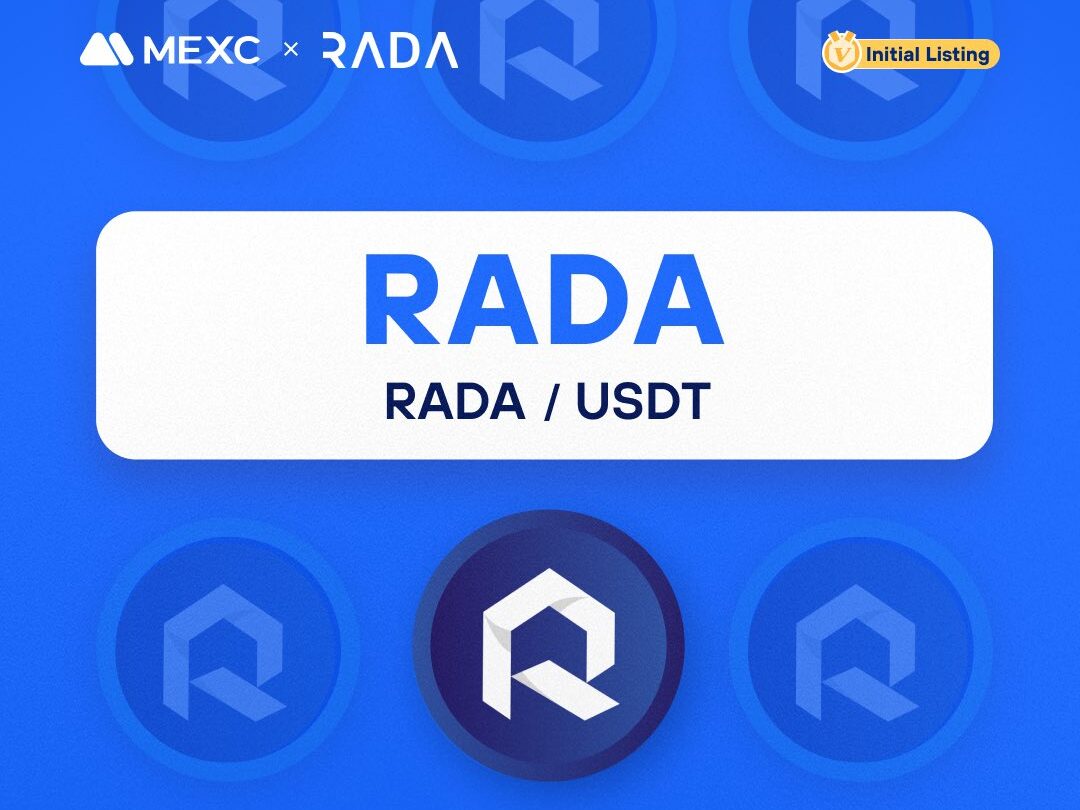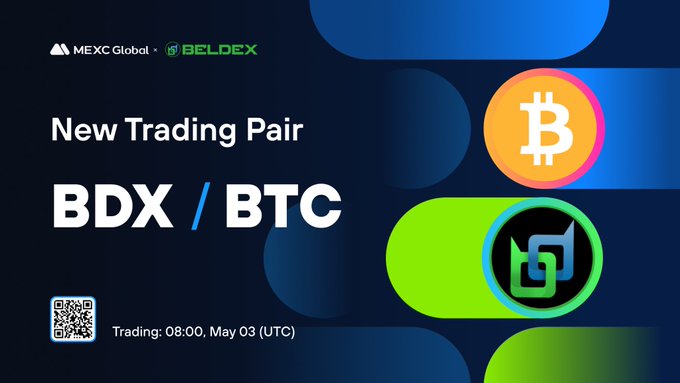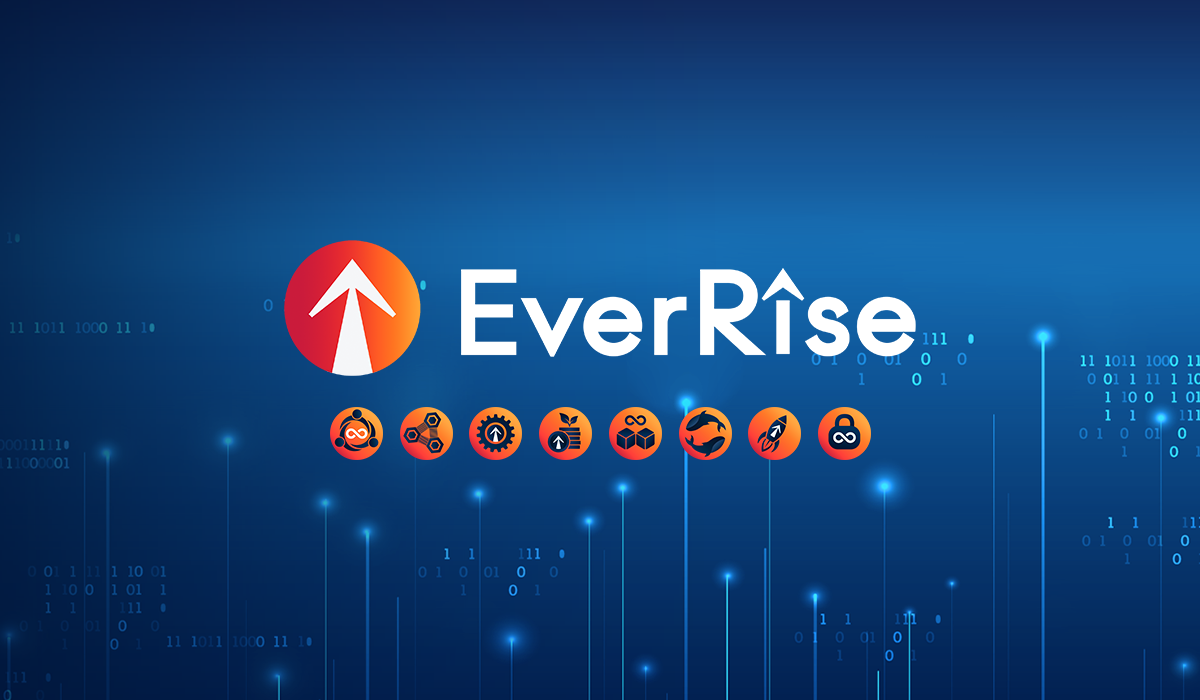
With over 60 million users worldwide and its recent Open Mainnet launch in February 2025, Pi Network has sparked one of cryptocurrency’s most heated debates: Is this a revolutionary mobile-first blockchain or an elaborate scheme disguised as innovation? If you’re wondering “is pi coin legit” after hearing about friends mining on their phones, you’re asking the right questions.
The short answer? Pi Network isn’t a traditional scam, but it faces significant legitimacy concerns that every potential user should understand. While you won’t lose money upfront like with typical crypto frauds, the project’s centralized structure, questionable tokenomics, and business model raise red flags that deserve serious consideration.
Let’s cut through the hype and examine the evidence.
Key Takeaways
- Pi Network isn’t a traditional scam, but sits in a legitimacy gray area with significant concerns about centralization and business model sustainability.
- Academic credibility exists – Founded by Stanford Ph.D. graduates with real expertise in computer science and social computing.
- Functional technology delivered – Working mobile app, blockchain mainnet, and exchange listings on platforms like MEXC since February 2025.
- Major red flags present – Core team controls 93+ billion of 100 billion tokens, all validators run centrally, and heavy reliance on MLM-style referral recruitment.
- Limited real-world utility – Pi tokens remain largely confined to the Pi ecosystem despite five years of development and recent mainnet launch.
- Data privacy concerns – Mandatory KYC requirements and centralized data storage create risks, highlighted by alleged 2021 Vietnamese user data breach.
- No direct financial risk – Users invest time and attention rather than money, but opportunity costs and data privacy trade-offs should be considered.
- Price volatility high – Pi coin has traded between $0.58-$2.99 since mainnet launch, showing 86% drops and limited exchange availability.
- Best for – Users wanting low-risk crypto experimentation; avoid if seeking true decentralization, privacy, or significant returns.
Table of Contents
Is Pi Coin Legit? Quick Answer
Pi Network’s legitimacy sits in a gray area. Here’s what we know for certain:
✅ Legitimate aspects:
- Founded by Stanford graduates with real credentials
- Functional blockchain and mobile app launched in 2019
- Open Mainnet went live February 20, 2025
- Users can now trade Pi on exchanges like MEXC
- No upfront financial investment required
❌ Concerning aspects:
- Core team controls 93+ billion of 100 billion total tokens
- All mainnet validators reportedly run by the Pi team
- Heavy reliance on referral recruitment (MLM-style growth)
- Limited real-world utility beyond the Pi ecosystem
- Mandatory KYC raises data privacy concerns
The verdict: Pi Network delivers what it promises—a mobile mining experience—but falls short of decentralization claims and faces legitimate questions about long-term sustainability.
What Exactly Is Pi Network?
Before diving into legitimacy concerns, let’s establish what Pi Network actually does. Pi coin is legit in the sense that it’s a real cryptocurrency you can mine through a smartphone app, but it works very differently from Bitcoin or Ethereum.
Pi Network uses the Stellar Consensus Protocol instead of energy-intensive proof-of-work mining. Users simply open the app daily, tap a button, and earn Pi tokens over 24 hours. The system relies on “Security Circles”—groups of trusted contacts that form a global trust network for transaction validation.
Key features include:
- Zero battery drain or data usage during mining
- Referral system that boosts mining rates
- KYC verification required to access mined tokens
- Focus on accessibility for non-technical users
Since launching in March 2019, Pi Network has grown to over 60 million registered users, making it one of the largest cryptocurrency communities by participation.
For readers new to Pi Network, you may want to start with our comprehensive Pi Network guide to understand the basics before diving into legitimacy concerns.

Why Pi Coin Is Legit: Supporting Evidence
Several factors support Pi Network’s legitimacy as a real project rather than an outright scam:
Academic Foundation and Leadership
Pi Network was founded by Dr. Nicolas Kokkalis and Dr. Chengdiao Fan, both Stanford University graduates with relevant expertise. Dr. Kokkalis holds a Ph.D. in Computer Science and previously taught Stanford’s first class on decentralized applications. Dr. Fan brings a Ph.D. in Anthropological Sciences with expertise in social computing.
Unlike many crypto projects led by anonymous teams, Pi Network’s founders have maintained public profiles and academic credibility throughout the project’s development.
Functional Product Development
Pi network coin scam or legit debates often overlook that Pi Network has delivered working technology:
- Mobile Application: Over 100 million downloads with consistent updates
- Blockchain Infrastructure: Functioning mainnet with transaction capability
- Developer Ecosystem: SDK tools and hackathon programs for third-party apps
- Pi Browser: Integrated web browser for accessing Pi-based applications
The February 2025 Open Mainnet launch marked a significant milestone, enabling Pi tokens to trade on external exchanges for the first time.
No Direct Financial Fraud
Unlike traditional cryptocurrency scams that steal investor funds, Pi Network has never solicited direct financial investments. Users invest time and attention rather than money, significantly reducing financial risk for participants.
Exchange listings on platforms like MEXC demonstrate that Pi has achieved some level of market recognition, with trading prices ranging from $0.58 to $2.99 since the mainnet launch.

The Case AGAINST Pi Network’s Legitimacy
Despite these positive indicators, substantial concerns challenge Pi Network’s legitimacy claims:
Centralization vs. Decentralization Claims
Is pi coin legit or scam becomes murky when examining Pi Network’s actual decentralization. All Pi Network mainnet nodes are operated centrally by the core team, directly contradicting the project’s decentralization promises.
The core team reportedly controls over 93 billion of the 100 billion total Pi token supply, creating potential for market manipulation and undermining the “fair distribution” narrative.
MLM-Style Growth Structure
Pi Network’s referral-heavy growth model raises “pi coin scam or legit” questions due to its similarity to multi-level marketing schemes:
- Users earn higher mining rates by recruiting others
- Early adopters receive permanent advantages
- Growth depends more on recruitment than product utility
- Benefits concentrate among those with larger networks
In July 2023, authorities in Hengyang City, China, reportedly identified Pi Network as a pyramid scheme, highlighting these structural concerns.
Limited Real-World Utility
Despite five years of development, Pi tokens remain largely confined to the Pi Network ecosystem. Is pi coin legit 2024 searches spiked as users questioned why Pi couldn’t be traded externally—a limitation only partially addressed with the 2025 mainnet launch.
Current use cases remain limited:
- Basic peer-to-peer transfers within the Pi wallet
- Limited merchant acceptance through Pi Commerce
- Few functional dApps despite developer programs
Data Privacy and KYC Concerns
Is pi coin kyc legit raises valid privacy questions. Pi Network requires extensive personal information including government-issued IDs for token access. Reports of an alleged 2021 data breach involving Vietnamese users, though disputed by Pi Network, highlight risks of centralized data storage.
The mandatory KYC process creates a permissioned system where the Pi team can potentially restrict access to users’ mined tokens—a significant departure from cryptocurrency’s censorship-resistant principles.

Pi Coin’s Market Performance and Trading Reality
Since the February 2025 Open Mainnet launch, pi coin legit concerns have partially shifted to market performance questions:
Current Trading Status:
- Available on exchanges: MEXC
- Price range: $0.58 – $2.99 (peak reached 6 days after mainnet launch)
- Market cap: Approximately $4.14 billion (as of analysis date)
- Daily trading volume: $50+ million on major listing days
Market Challenges:
- Limited exchange availability compared to major cryptocurrencies
- High price volatility (86% drop from peak to $0.41 in April 2025)
- Restricted liquidity due to limited trading pairs
- Dependence on Pi ecosystem development for long-term value
The ability to trade Pi tokens addresses one major legitimacy concern, though limited exchange support and price volatility highlight ongoing market skepticism.
Is Pi Coin Mining Legit? Safety Analysis
Is pi coin mining legit from a safety perspective involves several considerations:
Technical Safety:
- App doesn’t drain battery or consume significant data
- Private keys stored locally on user devices
- Biometric authentication and security features available
- No malware or device security risks reported
Data Privacy Risks:
- Mandatory KYC requires sensitive personal information
- Centralized storage of user data raises breach concerns
- Limited transparency about data handling practices
- Potential for government surveillance through KYC records
Financial Safety:
- No upfront monetary investment required
- Risk limited to time and opportunity cost
- Potential data value extraction through advertising model
- Uncertain token value and utility prospects
Recommendation: Pi Network mining appears technically safe but carries data privacy and opportunity cost risks that users should carefully consider.
Understand Pi mining process and timeline.

Is Pi Coin Legit for You? Decision Guide
Whether pi coin is legit enough for your participation depends on your risk tolerance and expectations:
Consider Pi Network If You:
- Want to experiment with cryptocurrency without financial risk
- Value accessibility and ease of use over decentralization
- Have realistic expectations about potential returns
- Don’t mind sharing personal data for KYC verification
- View it as a learning experience rather than investment
Avoid Pi Network If You:
- Seek truly decentralized cryptocurrency experiences
- Prioritize data privacy and anonymity
- Expect significant financial returns from mining
- Prefer established cryptocurrencies with proven utility
- Are uncomfortable with MLM-style referral systems
Key Questions to Ask Yourself:
- Am I comfortable with centralized control over “my” tokens?
- Is the time investment worth the uncertain returns?
- Do I trust the team with my personal information?
- What are my realistic expectations for Pi’s future value?
Final Verdict: Is Pi Coin Legit?
Is Pi coin legit? The answer isn’t black and white.
Pi Network delivers on its core promise—a mobile-friendly cryptocurrency mining experience accessible to everyday users. The project has legitimate founders, working technology, and genuine user engagement. It’s not a traditional scam designed to steal money.
However, Pi Network falls significantly short of cryptocurrency’s decentralization ideals. The centralized token distribution, controlled infrastructure, and MLM-style growth model create legitimate concerns about long-term sustainability and user benefit.
Our assessment: Pi Network occupies a gray area between innovation and opportunism. It’s a legitimate project with questionable design choices rather than an outright fraud.
Bottom line: Pi Network might be worth exploring if you understand its limitations and have realistic expectations. Just don’t expect it to replace traditional cryptocurrencies or generate significant wealth without substantial ecosystem development.
For most users, Pi Network represents an interesting experiment in cryptocurrency accessibility—nothing more, nothing less.
If you’re unfamiliar with how Pi Network operates, our detailed Pi Network overview explains the mining process, tokenomics, and ecosystem before we examine its legitimacy.
Join MEXC and Get up to $10,000 Bonus!
Sign Up


